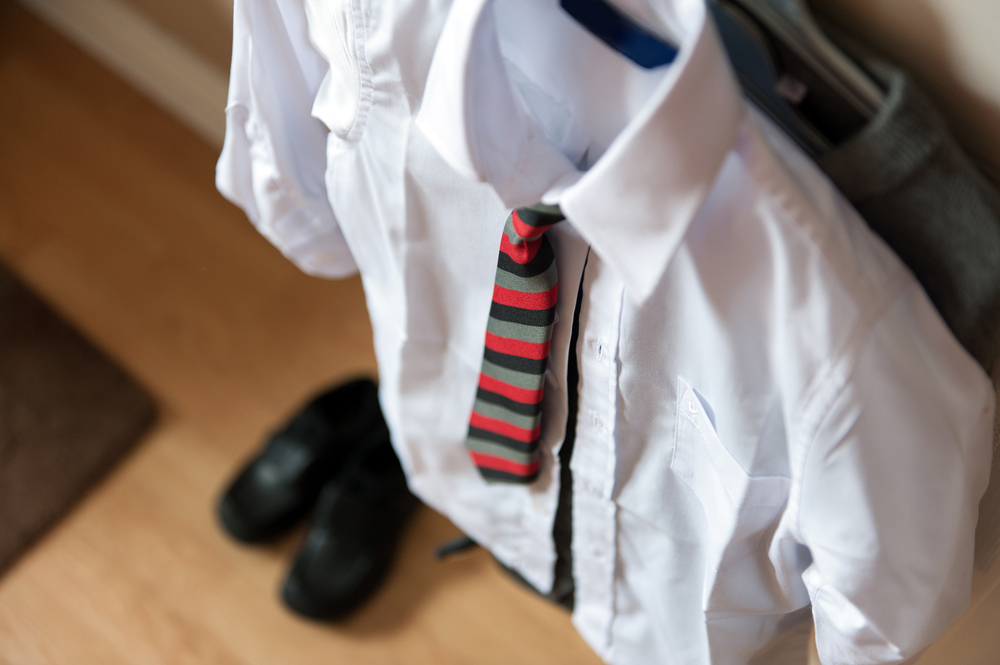When considering sending a struggling teenage son to boarding school for troubled teens, most parents are hoping to address the problems which have troubled their son’s future.
While the programs at the boarding school will certainly target the emotional, behavioral, and mental issues which brought your troubled teen son to their school, there are also some other, less direct benefits. These indirect benefits add extra value to boarding schools which already offer structure, academic support, and therapy to troubled teenage boys.
Troubled Teens Can Develop Healthy Relationships With Others
As most parents are painfully aware of, their troubled sons’ friends have a huge influence over them. In many cases, their sons’ friends are a negative influence on their child, leading them to engage in problematic behaviors and potentially causing mental and emotional harm.
But when your son attends a boarding school for troubled teens, he can learn to develop healthy relationships with his peers. Instead of the toxic, sometimes bullying behaviors that are allowed to flourish in public schools, the smaller student body attending boarding schools are encouraged to build each other up.
Some of this building up takes place in group therapy, where boys learn to provide emotional support and compassion to their peers. Also, cooperative team sports help develop that sense of community and positive camaraderie that is crucial for boys to develop.
Along with positive peer relationships, teen boys can learn to have healthy relationships with mentors while attending a boarding school or a residential treatment center for troubled teens. From their therapists to the direct care staff that works with the boys on a daily basis, troubled boys can develop respect for positive authority figures as well as find mentors.
Positive Experiences Help Build Teen Boys’ Character
Underneath a troubled teen boy’s struggling exterior is a boy who can become a good young man with some help. Boarding schools for troubled teens work to provide the experiences that help draw out the good in every troubled boy that enters the school.
Some of these positive experiences that boys can engage in at school is community service. By learning to serve others, and seeing the struggles of other people, boys can learn compassion, empathy, and the joy of serving others.
Important Life Skills Can Be Learned At Boarding School
There is plenty of learning that goes on in the classroom at a boarding school for troubled teens, but there is learning that parents may not expect—learning that encompasses acquiring important life skills.
It may sound funny, but troubled boys often miss out on learning critical life skills like doing their own laundry and properly washing their face, because as they are struggling, it is easy for these skills to be pushed aside.
To help troubled boys become ready to rejoin their families and be capable young adults, here are some of the skills they can learn while attending a boarding school for troubled teens:
- Cooking – Learning how to cook is an essential life skill that can help troubled teenage boys get over misogynistic views that only women cook. Instead, boys can become empowered with the skills needed to create healthy meals.
- Personal hygiene – Not only is good personal hygiene important for interpersonal relationships, but it also is an indicator of self-care. Boys learn that taking some time to properly brush their teeth, comb their hair, wash their faces and other things can learn to feel better about themselves and develop body positivity.
- Leadership – As boys progress through the program at a boarding school, they can have opportunities to be in leadership positions. These positions can help boys become good mentors to new students and help them develop leadership skills that can help them throughout their adult lives.
- Housekeeping – Much like with cooking, it is important for troubled teen boys to learn how to care for their belongings. This care can range from cleaning their rooms and bathrooms to doing their own laundry. By becoming self-sufficient, boys can feel both empowered and able to affect their mental health by having a clean space.
Changed Boys Can Look Toward Making Healthy Goals
One of the things that parents often remark when their son comes home is how much more focused and goal-oriented their boys are, compared to what they were like before attending the boarding school.
Part of this change is due to how behavioral and emotional changes are encouraged at schools for troubled teens. The therapists working with the troubled teen boys will challenge them to meet certain goals, their classroom teachers will help them set and meet academic goals, and the boarding school program is structured with various goal markers boys can actively achieve.
With their continued success at meeting goals while attending their boarding school, formerly troubled teen boys carry those successful, goal-oriented habits into their lives outside of school to help them keep moving forward in life.
If you are ready to help find help and solutions for your troubled teenage son, contact us. We are here to help your family come together again.











0 Comments